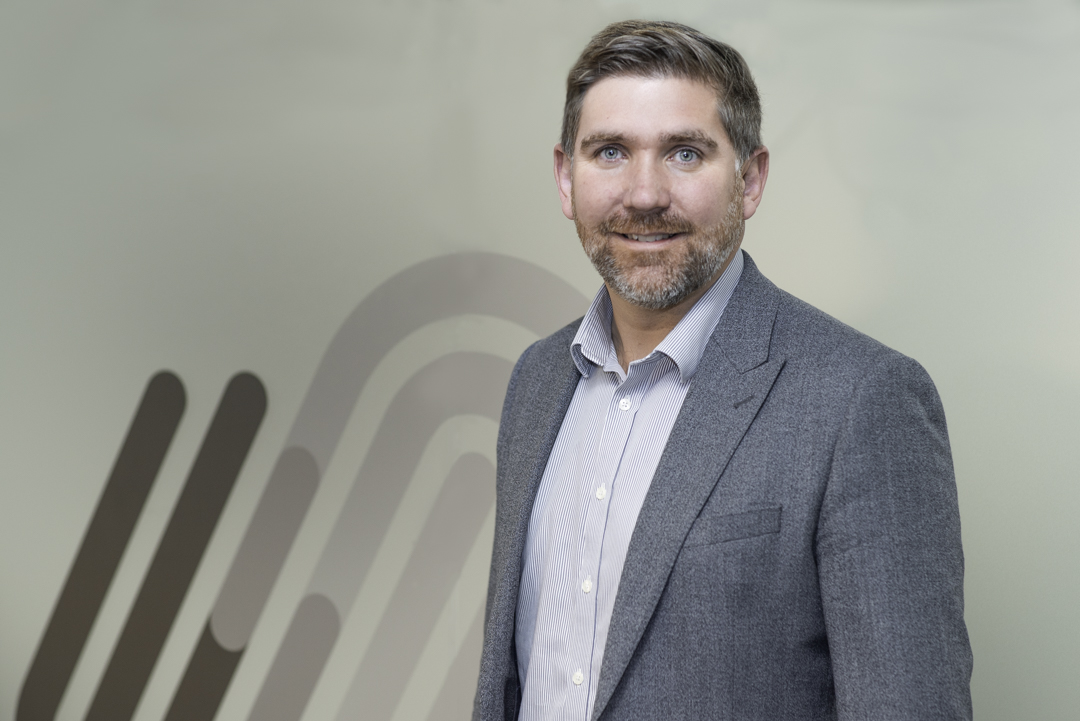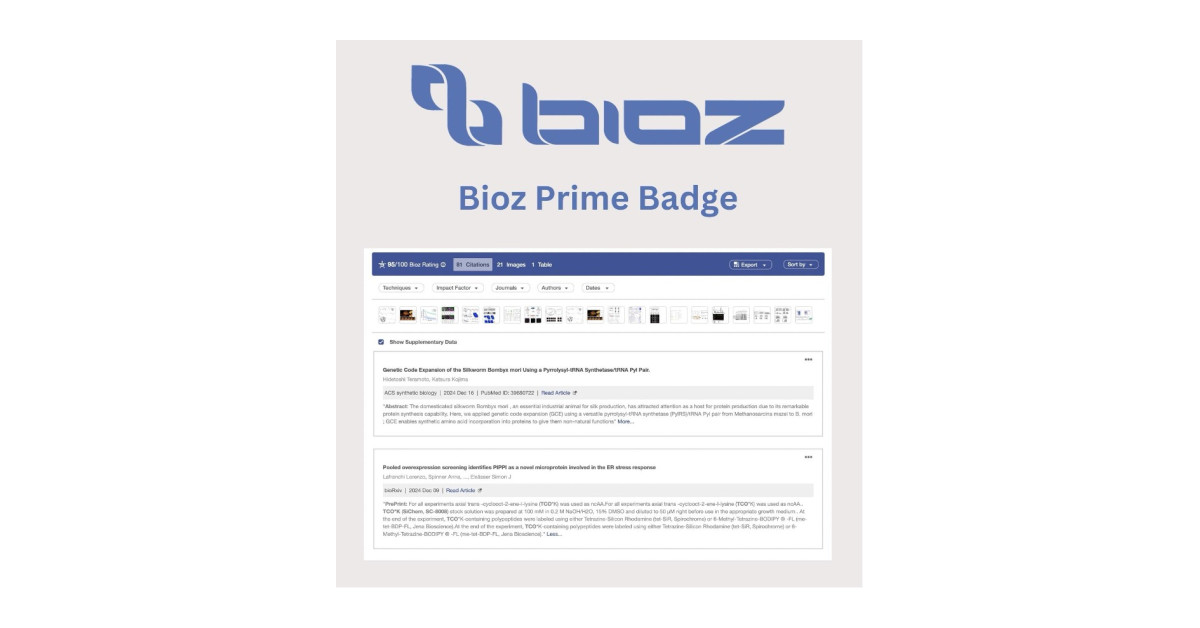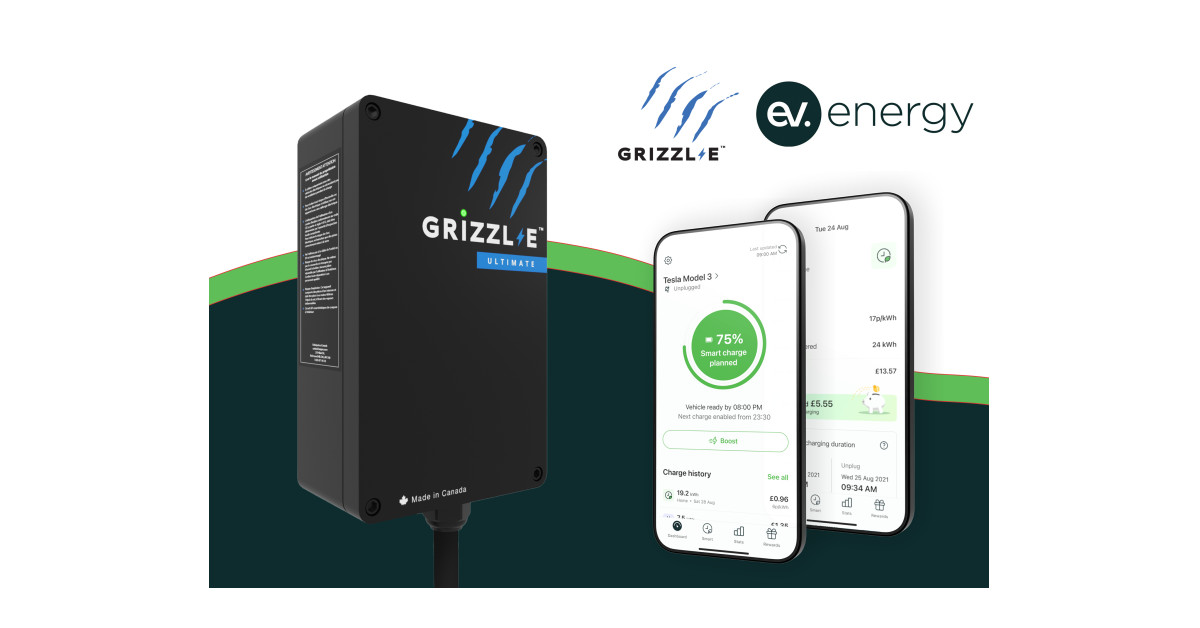[ad_1]

A combination of AI and Big Data is transforming elderly care from reactive to proactive, and Taking Care, the UK’s leading personal alarm provider, is at the forefront of this innovation.
Taking Care has unveiled ActiveAlert, an innovative technology that acts as an early warning system to alert family members about potential health concerns among older adults. This service helps older adults remain independent at home for longer, addressing caregiving challenges and aligning with growing public acceptance of technology in elderly care.
Personal alarms help older people live independently and provide a way to call for help in an emergency. ActiveAlert uses insights from 30 years of alarm call data to monitor how and when the personal alarms are used. By detecting changes in usage patterns, the ActiveAlert algorithm identifies potential health and wellbeing concerns among older adults who rely on the alarms.
The technology acts as an early warning system by triggering a wellbeing check-in call when it detects changes in the frequency, timing, or nature of alarm calls. These changes may indicate a shift in the user’s condition or overall wellbeing.
ActiveAlert has been developed as part of Taking Care’s broader commitment to revolutionise its approach by establishing a proactive approach to elderly care, and a mindset shift away from reactively addressing an older adult’s care plan after their health or independence declines.
Recent research commissioned by Taking Care highlights growing concerns about elderly care and an increasing openness to technological solutions:[1]
- Only 26% of people say they have the time to provide around-the-clock care for their older relatives.
- 64% are concerned about their older relatives living alone.
- 76% would support the use of AI if it enhances health and independence for older adults.
- 72% believe innovations in technology can truly support health and wellbeing.
Devised to respond to the UK’s ageing population, ActiveAlert can alert potential concerns or red flags to families before emergency scenarios arise, allowing carers and family members to proactively put the steps in place to support their older relatives and manage health and frailty, reducing health service dependence and supporting independence in later life.
With more than 3.2m people aged 80 and above in the UK [2] and insights from the NHS showing that one in two of these will likely have at least one fall this year alone [3], reactive elderly care could be costing the health service in excess of £350m a year, especially when A&E triage and overnight hospital stays are required.[4]
Taking Care’s new ActiveAlert solution, which was developed with support from their IT apprenticeship scheme, aims to alleviate health service strain and also offer further support to the “sandwich generation”, made up of more than 10m informal carers [5], who often struggle to check on family members regularly due to location, lifestyle, or work and family commitments.
“Traditional elderly care often waits for something to go wrong, like a fall or decline in health, before stepping in,” says Andrew Ridpath, Head of Emergency Resolution at Taking Care. “With ActiveAlert, we’re changing that approach by proactively monitoring wellbeing and providing support before emergencies occur. This not only helps maintain our customers’ independence but also offers their families invaluable peace of mind.“
Amanda Amory from Cambridgeshire, invested in a Taking Care personal alarm for her 85-year-old father, Ron, after he broke his elbow in a fall. Despite Ron now having 24/7 care, the personal alarm remains a lifeline for the family.
Speaking of the alarm package, which includes ActiveAlert, Amanda said: “My father lives seven miles away, and despite his 24/7 care I still visit twice a day and rely on his personal alarm when his carers take their daily two hour break.”
“Initially, the alarm was for alerting us to any physical issues when my dad was more mobile, whereas now, it’s very much a comfort blanket for all of us, providing essential peace of mind that he can access help at any time of the night or day – it really is worth its weight in gold to us.”
“Thanks to ActiveAlert, knowing if he is pressing his alarm more regularly during the night or on the odd occasion he is alone allows us to better understand his mental wellbeing, along with knowing there’s always support in place, at all times.”
By embracing AI and proactive monitoring, Taking Care is setting a new standard in elderly care, ensuring that older adults can maintain their independence while families gain peace of mind.
ActiveAlert is now available to all new Taking Care alarm customers at no additional cost, seamlessly integrating into their existing 24/7 support service. To discover how ActiveAlert can provide peace of mind for your family, visit ActiveAlert online at https://taking.care/pages/active-alert
About Taking Care Personal Alarms, part of AXA Health
Taking Care, a subsidiary of AXA Health, has been providing personal alarm services for more than 30 years. Taking Care has helped ¼ million people and their families with personal alarms, supporting customers and their families across the UK.
Each year Taking Care resolves over 49,900 customer emergencies from older and vulnerable people. Customers love the peace of mind the service offers. 99% of them say they like the security of knowing someone’s there at the press of a button.
The company is the only Which? approved personal alarm service and is the trusted provider of the Age Co Personal Alarm Service. Taking Care employs around 250 staff, each carefully chosen for their caring and professional manner.
Contact Details
For more information, please contact:
John Swaffield
Email: [email protected]
Phone: 07909 820 701
Sources
- Survey of 2,009 UK adults commissioned by Taking Care and carried out between the 13th and 19th of September 2024
- 2021 Census data
- NHS.uk Falls and Prevention
- Taking Care Elderly People and Falls report
- Projecting Older People Population Information (POPPI)
[ad_2]
Source link




